The United Nations Special Rapporteur on the situation of human rights in Burundi, Fortuné Gaétan Zongo, has warned of a sharp deterioration in rights and freedoms in the country, citing abductions, arbitrary detentions, land confiscations, and growing socio-economic challenges.
Addressing the UN Human Rights Council in Geneva on Friday, Zongo said the recent legislative, senatorial and communal elections were “marred by serious irregularities,” including the exclusion of opposition figures, forced financial contributions from citizens, and a climate of intimidation. The ruling CNDD-FDD won nearly 96 percent of the vote, which Zongo said reflected a process “far removed from international standards for free, transparent, and fair elections.”
“Ten years after the 2015 electoral crisis, concerns persist about the human rights situation,” Zongo told the Council. He added that political interference had weakened the mandates of key institutions, including the National Independent Human Rights Commission (CNIDH) and the Truth and Reconciliation Commission (CVR), leading to resignations and flight of several members.
Abductions and Arbitrary Detentions
According to the Rapporteur, human rights violations have escalated in the past two years. Between August 2024 and June 2025, around 50 abductions were documented, alongside arbitrary arrests, prolonged detentions, torture, enforced disappearances, summary executions, sexual violence, and attacks on journalists and civil society.
Zongo accused security services and members of the ruling party’s youth wing, the Imbonerakure, of direct involvement in several of the abuses. He also criticized Burundi’s management of Congolese refugees who fled fighting in the Democratic Republic of Congo this year, alleging discriminatory practices in refugee camps.
The Special Rapporteur further highlighted a rise in land confiscations targeting minorities and individuals perceived as close to the opposition. He warned that such practices “erode trust in institutions, exacerbate local tensions, and jeopardize national reconciliation.”
Nearly 2.2 million Burundians are currently affected by food insecurity, Zongo said, placing the country among the worst globally for hunger. He also pointed to a struggling health system and continued discrimination against women in land and inheritance rights.
Government Denial and Counterclaims
Burundi’s representative in Geneva, Ambassador Elisa Nkerabirori, dismissed the report as “absurd and deliberately tricked”, accusing the UN of pursuing a political agenda against Burundi since 2015. She insisted that the June elections were “peaceful and successful” and recognized by international observers.
Nkerabirori also rejected claims that Congolese Banyamulenge refugees faced discrimination in Burundi, insisting they had lived peacefully in the country for two decades. She accused the Special Rapporteur of spreading “dangerous and divisive allegations.”
CNIDH Calls for Releases
While the government dismissed the UN Rapporteur’s accusations, Martin Blaise Nyaboho, chairman of Burundi’s National Independent Human Rights Commission (CNIDH), struck a more conciliatory tone at the Geneva session. He called for the release of journalists and detainees who have completed their sentences and condemned enforced disappearances.
“With regard to abductions and cases of enforced disappearance, the CNIDH strongly condemns the use of these practices, which are contrary to a fair and humane justice system,” Nyaboho told the Council. He also recommended exploring amnesty for political prisoners and measures to ease overcrowding in Burundi’s prisons.
Zongo concluded by urging the government to engage in inclusive dialogue and ensure credible elections in 2027. “The Burundian people aspire to peace, justice, dignity, and human rights,” he said. “This mandate remains ready to contribute through sincere and constructive dialogue.”

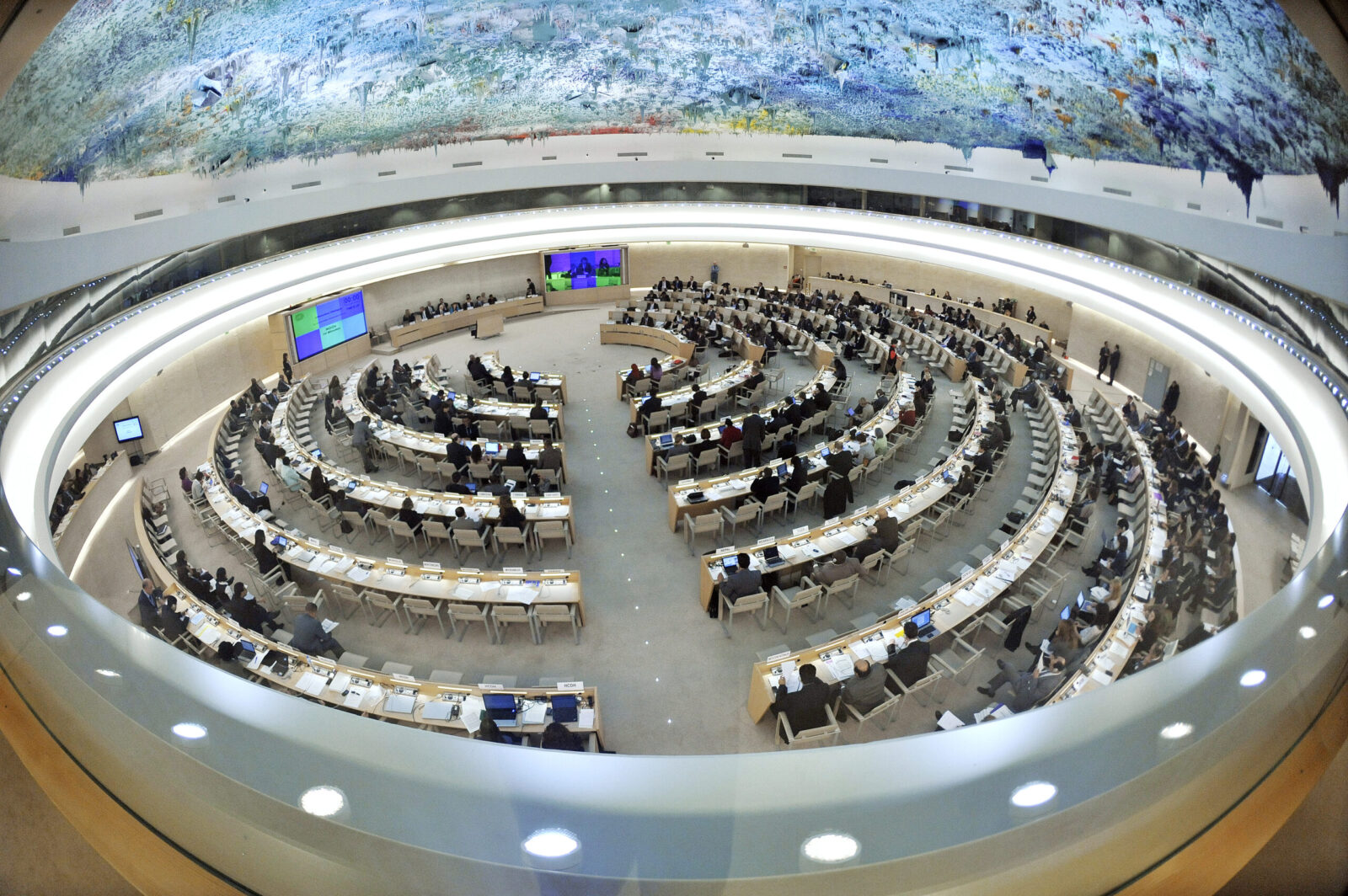
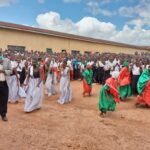
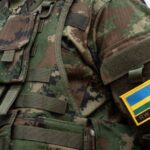
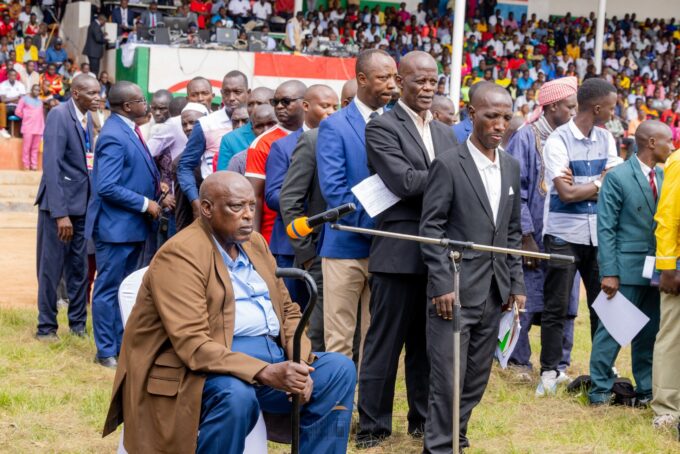
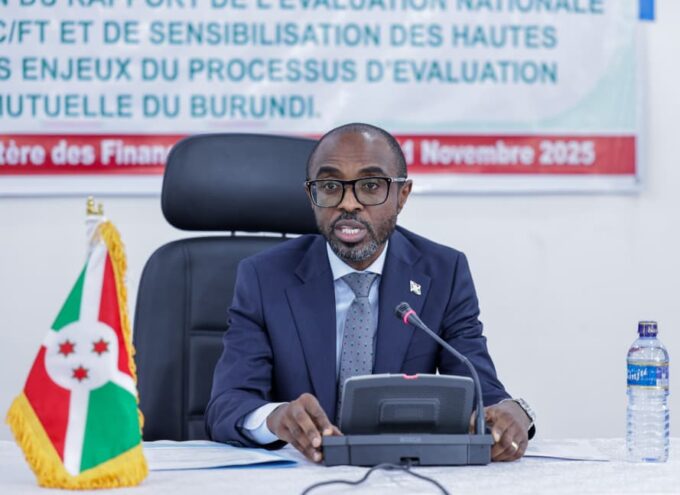
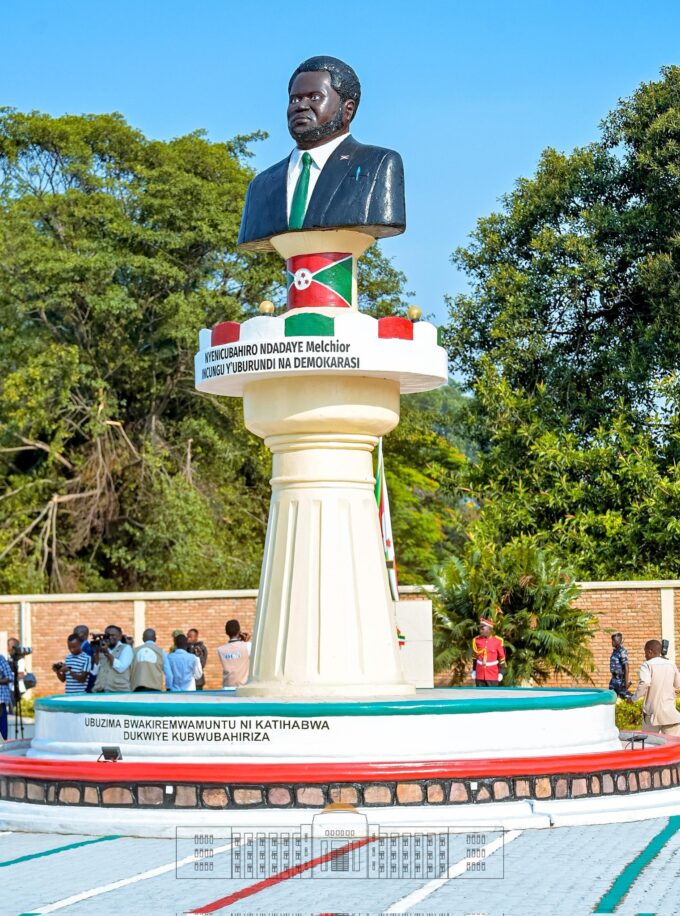
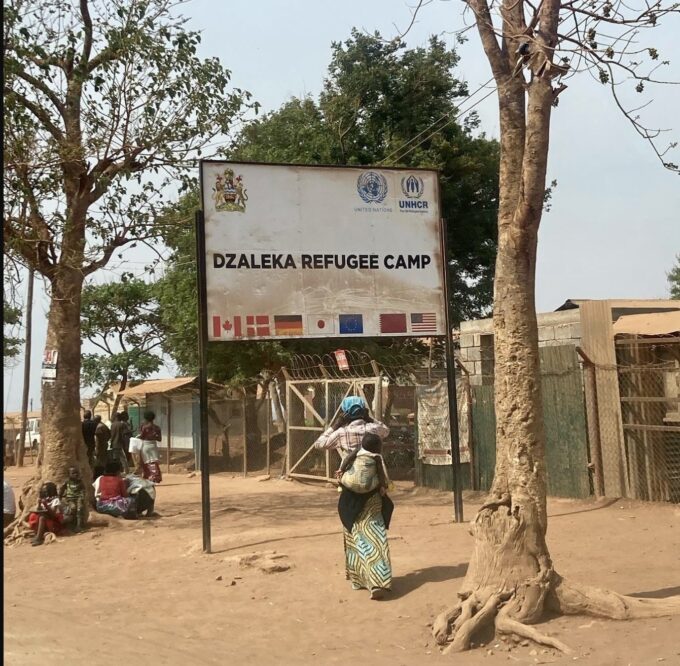
Leave a comment